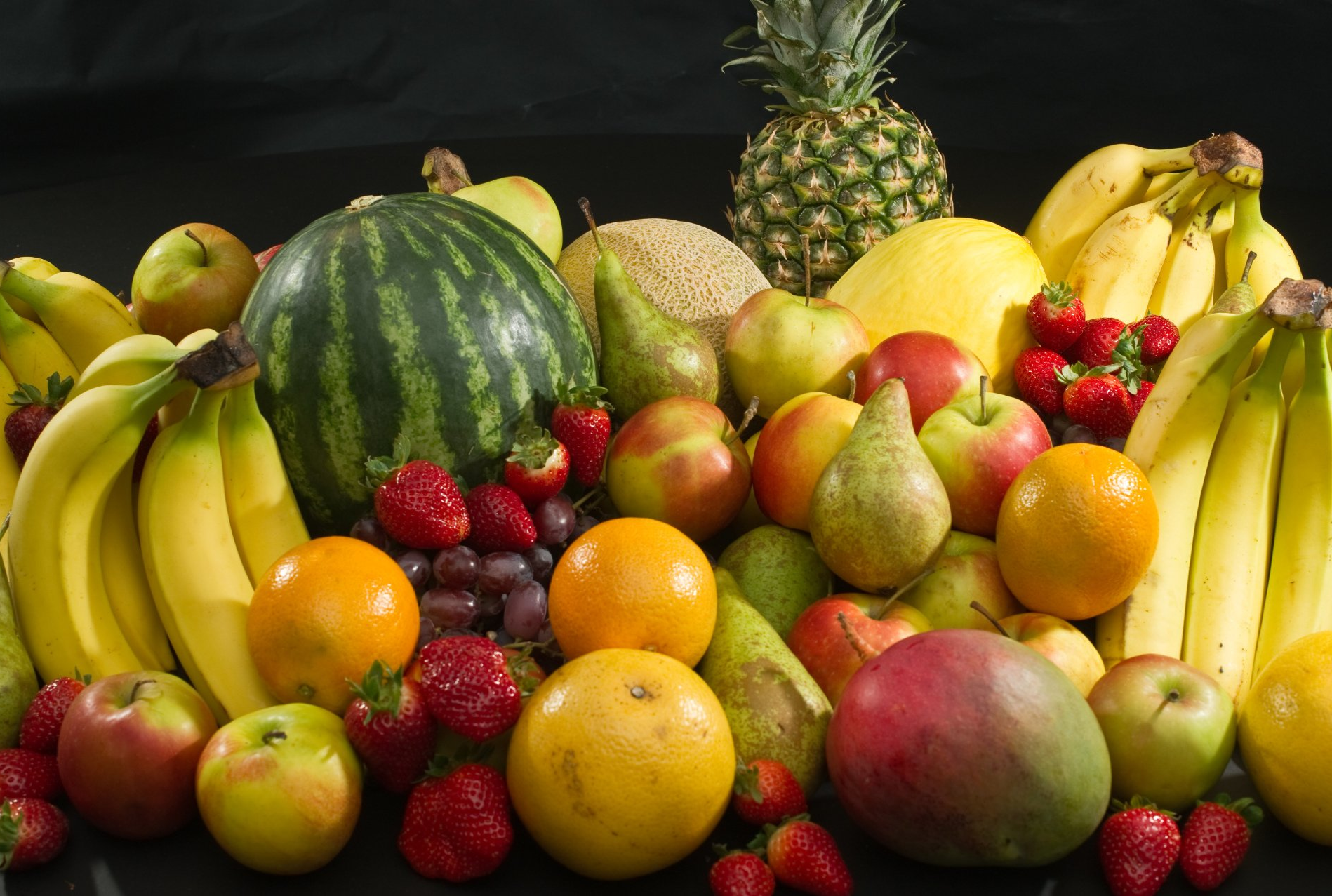Misconceptions About Kwanzaa: Is Kwanzaa a Copy of Other Holidays Because It Uses Candles, of Which There are Seven?
- By kwende ukaidi
- •
- 27 Nov, 2021
- •
Celebrating the Wonderful Observance of Kwanzaa

By grand orchestration of the Creator Supreme the most
powerful source of energy and light in the solar system is the Sun. From time
immemorial Afrikan people have held living knowingness that such grand illumination
is intimately connected to the Ultimate Divine. So much so that the Sun represented
the presence of the Supreme One. Known by the ancient Nile Valley Afrikan name of
Ra. He is the Creator manifest through the Sun.
According to a mainstream source:
“Ra was the king of the deities and the father of all creation. He was the patron of the sun, heaven, kingship, power, and light. He was not only the deity who governed the actions of the sun, he could also be the physical sun itself, as well as the day”.
To be empowered with a piece of the light ascribed to the Ultimate Divine in order to illuminate physical space of the home or other sanctuary in the physical for the Afrikan is of profound depth of meaning and formed part of celebratory activity. Therefore, ancient efforts to bring this to be naturally came to the fore. As one mainstream source puts it:
“Candles have been used as a source of light and to illuminate celebrations for more than 5,000 years…The earliest use of candles is often attributed to the Ancient Egyptians, who made rushlights or torches by soaking the pithy core of reeds in melted animal fat”.
As time passed, Afrikan souls of the ancient world developed the form of candle with the aesthetic that is recognisable in contemporary times. According to another mainstream source:
“The earliest candlestick which has been discovered is a clay candleholder which dates back to 400BC, and it believed that the candle itself was created as early as 3000BC by the Ancient Egyptians, who used beeswax to illuminate their way in the dark”.
From the earliest of times and throughout the Afrikan world, the number seven carries great significance for this primary people of creation. One example is illustrated through the following quotation describing tradition in west Afrika.
“The number seven occurs in connection with the seven-day harvest festival and with the Egungun celebration, which is dedicated to departed ancestors and observed with great homecoming festivities”.
The powerfulness of the Sun to bring forth the light for each day of seven-day celebrations is a powerful and observable reality. To represent the day with a small portion of Sun’s almighty light and energy with the flame of candlepower is an empowering asset to Afrikan culture on a number of levels.
To suggest that Afrikan copy their culture from others would at the most basic level mean that others would have initiated something prior to copy from. Indeed, Afrikan use of candles is rooted in their own Afrikan worldview and way of life. Amongst various definitions a popular mainstream source states the meaning of the word copy is to:
“imitate the style or behaviour of”.
In this regard, copyist may be more accurately placed upon others than on the original and marvellously pioneering people of humanity.
Kwanzaa magnificently restores the powerful Afrikan illuminating tradition with its Mishumaa Saba (Seven Candles) and the important oneness Afrikan people have with the greatness beyond themselves. Each candle flame is a piece of the Sun energising each day of the wonderful Kwanzaa observance giving energy to each respective principle of the Nguzo Saba (Seven Principles). Any bogus charge of copying from the holidays of others is gross misconception.
Kwanzaa is one of the essential cultural observances of life within the
Universal Royal Afrikan Nation. The Universal Royal Afrikan Nation (URAN) is an
Afrikan-centred spiritual and cultural mission for ascendancy that embodies
living spiritually and culturally rooted life. To find out more about URAN and
its spiritual-cultural mission for liberty and nationhood click here. The exquisite URAN pendant can be
obtained online by clicking
here.
In his capacity as an Afrikan-centred spiritual cultural practitioner this author is available for further learning in this regard and also for the carrying out of ceremonies such as naming and name reclamation. For details please click here.
Afrikan World Studies programmes are an important forms of study in understanding the Afrikan experience. There are a range of subjects covered on these programmes including History, Creative Production, Psychology and Religion. To find out more about these learning programmes please click here. For the video promo for these learning programmes click here.
Also, in the approach to the important cultural observance of Kwanzaa, the text: From Pert-En-Min to Kwanzaa - A Kuumba (Creative) Restoration of Sacred First Fruits by this author is available to purchase online here. This publication provides informative detail on the of the Kwanzaa celebration. You can also visit the institution of Yemanja to pick up a copy.
At nominal cost, also consider acquisition of an a4 laminate poster of articulations by this author when visiting the Yemanja institution to enrol, consult, learn, gather or otherwise.
Also, visit www.u-ran.org for links to Afrikan liberation Love radio programme on Universal Royal Afrikan Radio online.
